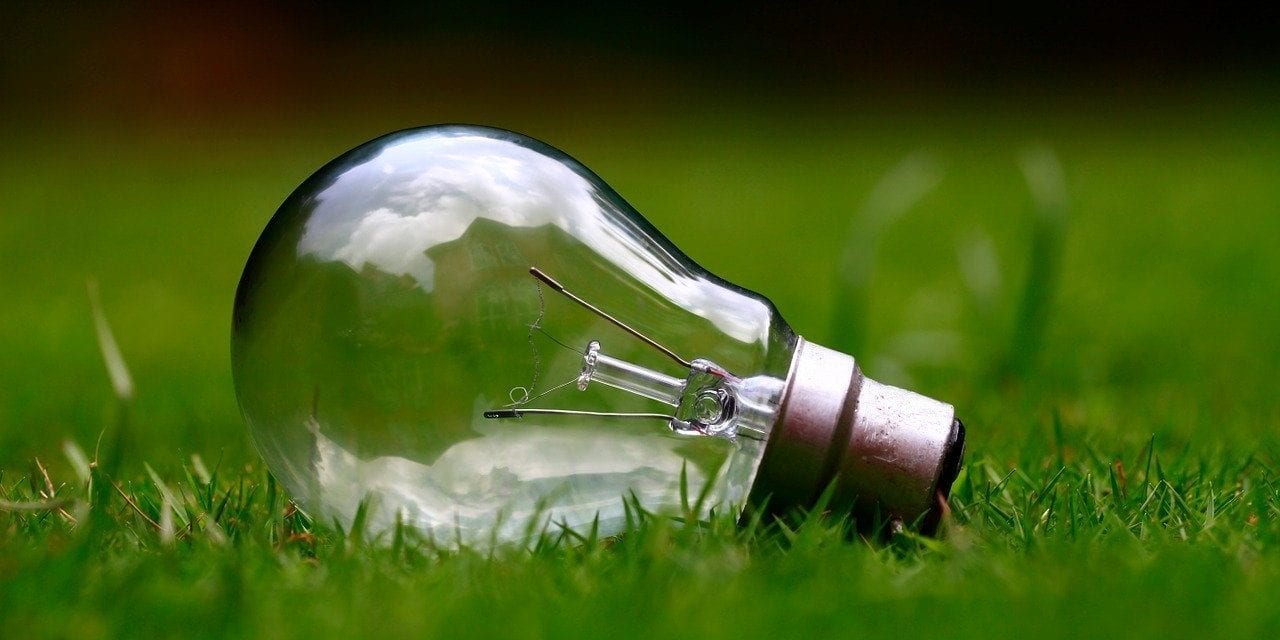Hundreds of thousands of workers are currently working from home either in quarantine or isolation in response to the COVID-19 pandemic. Most schools have closed along with childcare facilities meaning parents are working from home while they are responsible for watching their kids. With more people in the house than normal, it stands to reason that your energy consumption would increase. During isolation, people need distractions to ward off cabin fever, but some popular distractions can inflate your energy bill. In these uncertain times, it is a good idea to save money wherever possible and use these tips and tricks to save energy during home isolation.
Solar Energy

When most people think of solar energy, they picture large roof-mounted solar panels. While roof-mounted solar panels are one of the more well-known solar energy options, there are other ways you can incorporate solar energy into your home without breaking the bank. Portable solar generators are popular with campers, but a solar generator can also help you use less grid-based energy while stuck at home.
Solar generators use the same technology as roof-mounted solar panels where sunlight hits photovoltaic cells and is converted to usable energy but on a much smaller scale. There is a wide selection of solar generators and the perfect one for you depends on what you want the generator to power. Most portable solar generators are designed to power small devices like smartphones, but generators with larger capacities can power a residential refrigerator for a few hours. Just like traditional solar panels, solar generators come with high upfront costs, but once you have the generator you are creating free energy. Solar generators are also low maintenance as there are no moving parts or liquid fuel which lowers the likelihood you will need to repair your generator.
Turn Down the Thermostat
Heating and cooling systems or HVAC systems are generally the biggest energy users in a typical home. It is important to keep your house comfortable, but turning down the heat a few degrees or turning on a fan instead of the air conditioning can save you money without making you uncomfortable. Grab a blanket or put on a sweater instead of turning on the heat and grab a small fan or change into cooler clothes instead of turning on the AC to lower your monthly energy bill. The savings per bill will not be massive, but over time you can save a significant amount by using your HVAC system less.
Install Better Light Bulbs
Incandescent light bulbs have been the default option for many years, but CFL and LED bulbs are newer inventions that easily dethrone the old incandescent bulb in every category. CFL and LED bulbs boast longer life spans, more lumens, and better energy-efficiency than incandescent bulbs making them the demonstrably superior light bulb choice. If all three bulb types were tasked with producing 400-500 lumens, a lumen is a measurement of brightness, an incandescent bulb would require 40 W of power, while a CFL bulb would take 8-12 W and an LED only needs 6-7 W. An incandescent bulb has an average life-span of 1,00 hours, a CFL lasts for 8,000 hours, and an LED bulb lasts for 25,000 hours. Not only do CFL and LED bulbs use less energy, but they need to be replaced less frequently. Switching to CFL or LED light bulbs saves you energy and money in more ways than one which offsets the higher sticker price per CFL or LED bulb.
Only Run Full Loads
While you are spending more time than normal at home is the perfect time to tidy up, but make sure you are cleaning most efficiently. Using your dishwasher is not inherently energy-efficient, but it can be if used incorrectly. To maximize your energy usage, only run your dishwasher when it is full. Running one big load instead of two smaller loads uses less energy. To save even more energy, run your dishwasher before bed and leave your dishes to air-dry overnight. You will wake up to clean and dry dishes without having to use the heated dry setting, saving you even more energy.
The same suggestions apply to your washing machine. You can save energy by only running your washing machine with a full load of clothes and hanging your clothes to dry overnight. Clothes dryers use a significant amount of energy to generate enough heat to dry your clothes and you can eliminate that energy usage if you can avoid using your dryer entirely.
Home isolation is difficult for everyone. While you and your family are staying home, take the time to reduce your energy usage to save money while helping the planet. Look into a portable solar generator, turn down the thermostat, switch to better light bulbs, and be conscientious when washing dishes and clothes to save energy.




